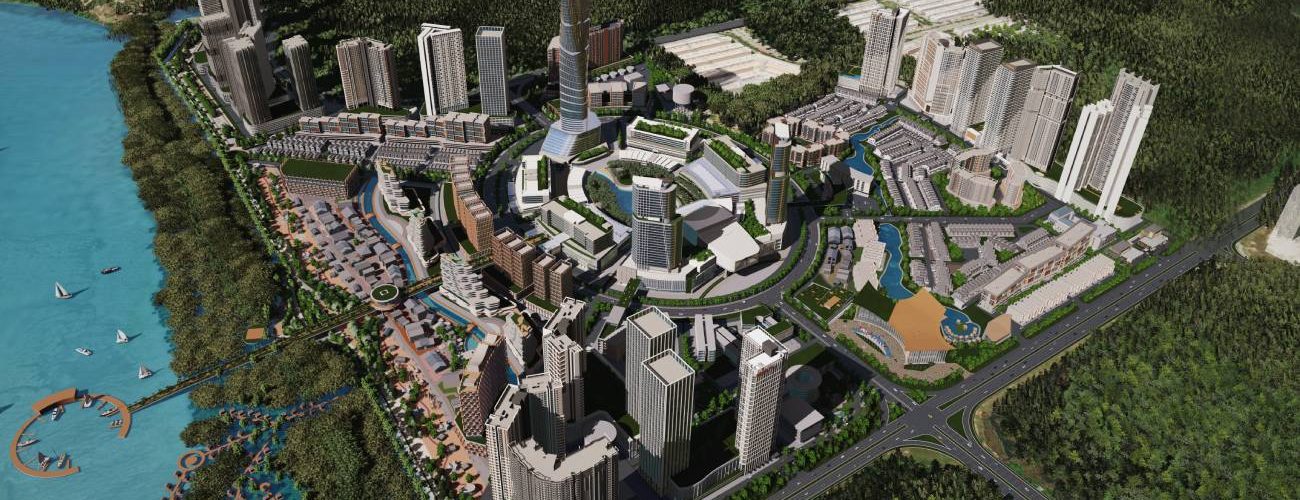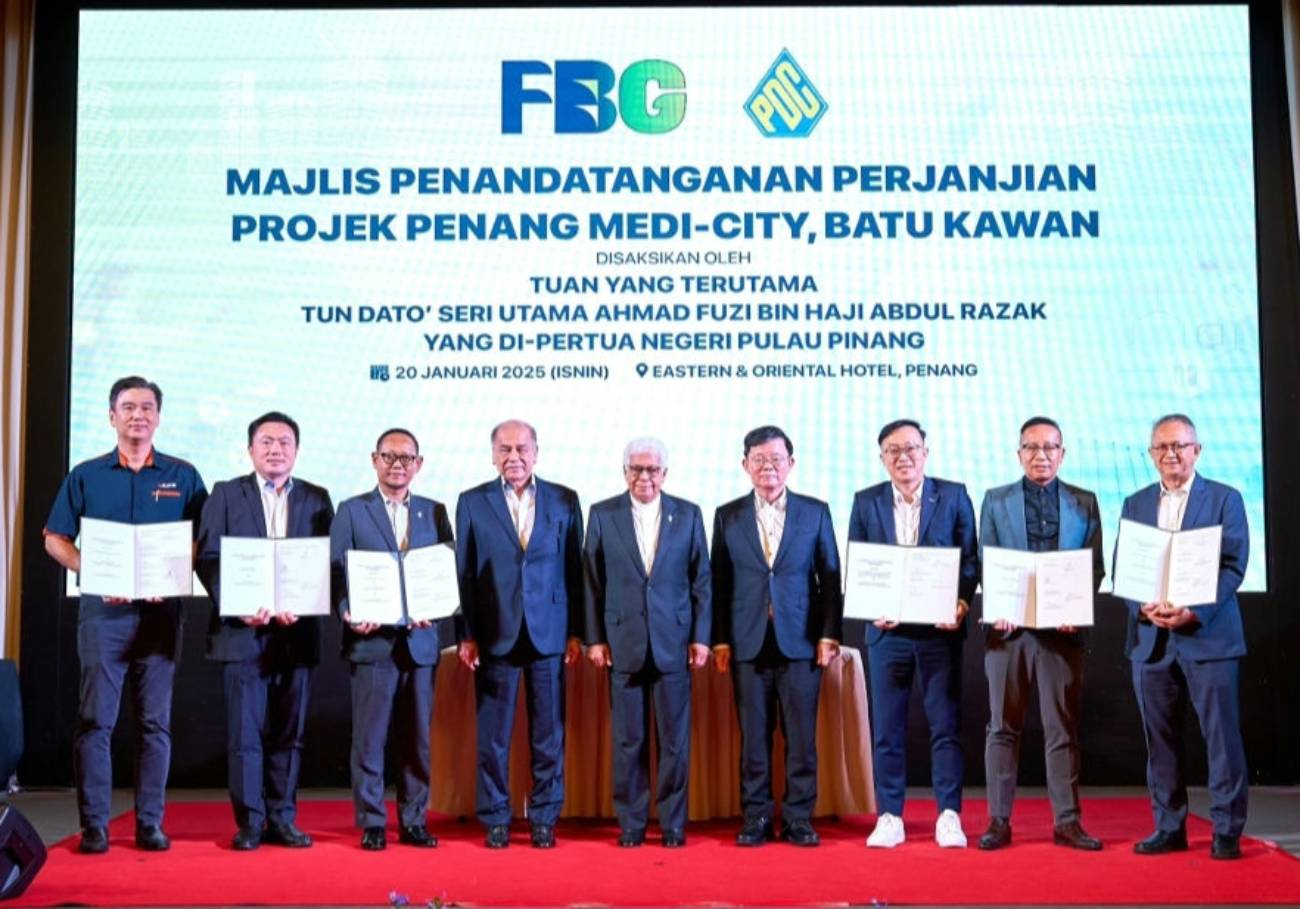
The Penang Development Corporation (PDC) has partnered with Fajarbaru Builder Group Bhd (FBG) to create the ambitious Penang Medi-City in Batu Kawan.
Touted as a transformative project, the development aims to cement Penang’s position as a global medical tourism hub.
Chief Minister Chow Kon Yeow highlighted that this project would deliver modern healthcare solutions, attract international visitors, and boost sustainable living.
“Penang now dominates Malaysia’s medical tourism sector, contributing 45% of the country’s revenue,” said Chow during the signing ceremony on 20 January.
This partnership, he noted, signals a pivotal step in the state’s journey to becoming a world-class medical destination.
Revolutionising healthcare and tourism
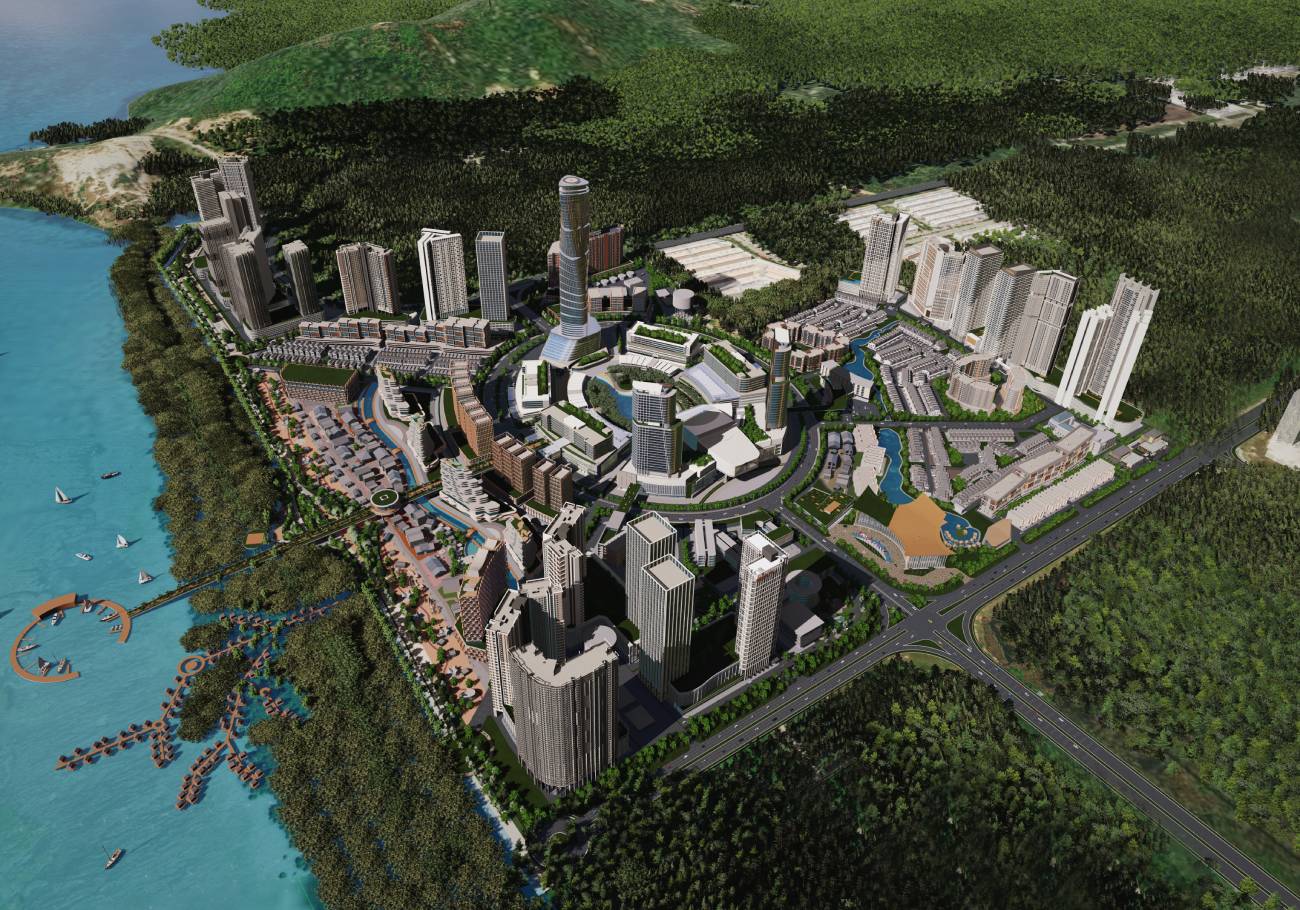
The Medi-City project is no ordinary development. With PDC facilitating land acquisition and approvals, FBG will spearhead the infrastructure.
As part of the first phase, which spans 51.17 acres, 30% of the area will host medical and healthcare facilities. These include a 200-bed specialist hospital, a wellness centre, and a healthcare complex.
FBG chairman Tan Sri Dato’ Sri Chan Kong Choy emphasised, “This development reflects our shared ambition with PDC to establish Penang as a regional medical hub, offering a complete healthcare ecosystem.”
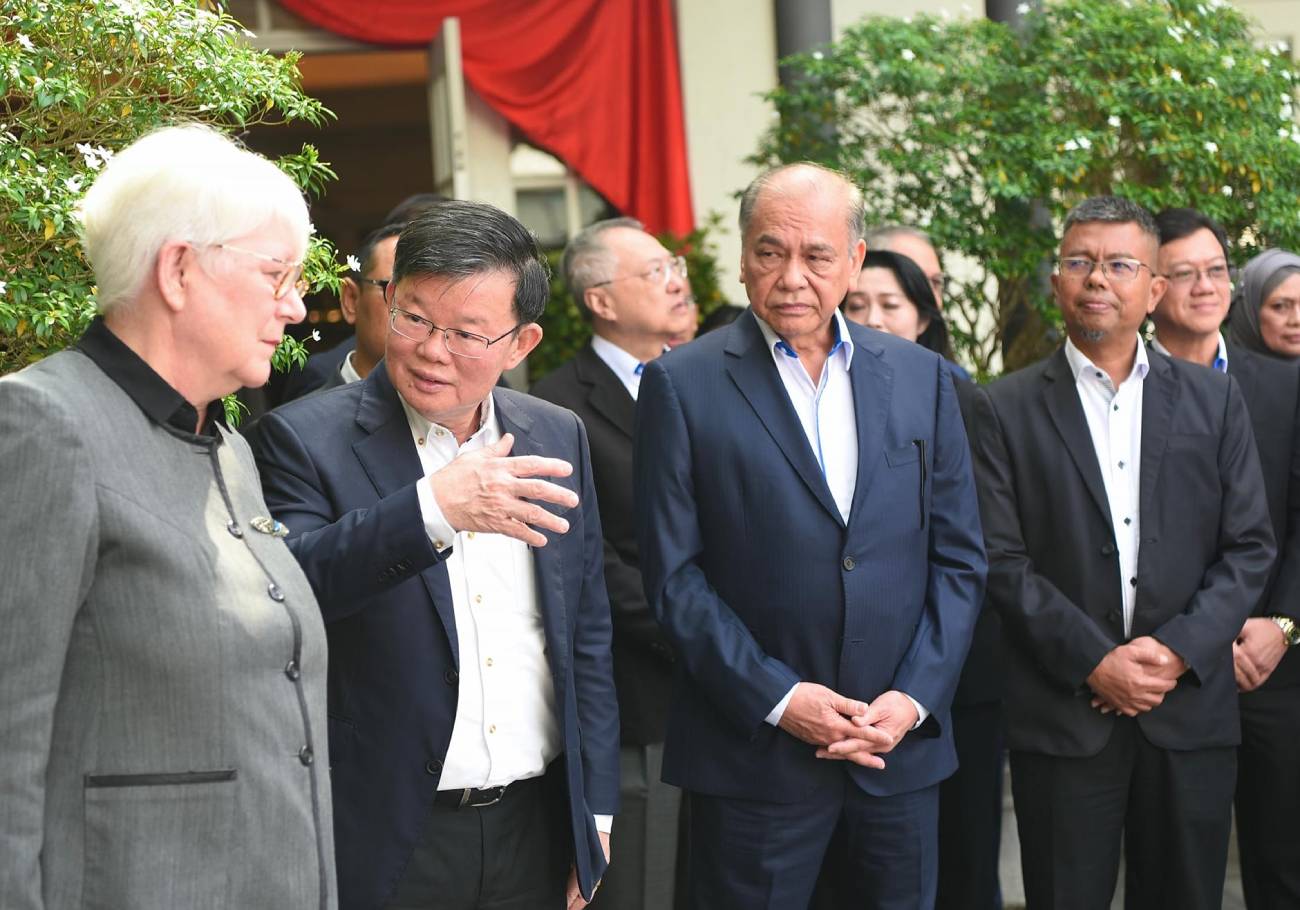
Chow described the Medi-City as an “ecosystem embodying modern healthcare and holistic living.”
In addition to advanced medical facilities, the project will include a nursing school, medical school, and even traditional Chinese medicine (TCM) offerings.
Medical specialisations such as oncology, cardiology, and women and children’s health will feature prominently.
Supporting services, like a medical school and pharmaceutical research facilities, will further enhance the ecosystem.
The remaining 70% of the land will incorporate residential, retail, and commercial spaces, fostering a sustainable and vibrant community.
FBG’s commitment is clear, with RM111.5 million allocated for Parcel 1 and an expected gross development value (GDV) of RM2 billion over eight years.
The collaboration guarantees PDC a minimum profit of RM36.8 million, underscoring the partnership’s financial strength.
Collaborations fuel PDC’s Medi-City success
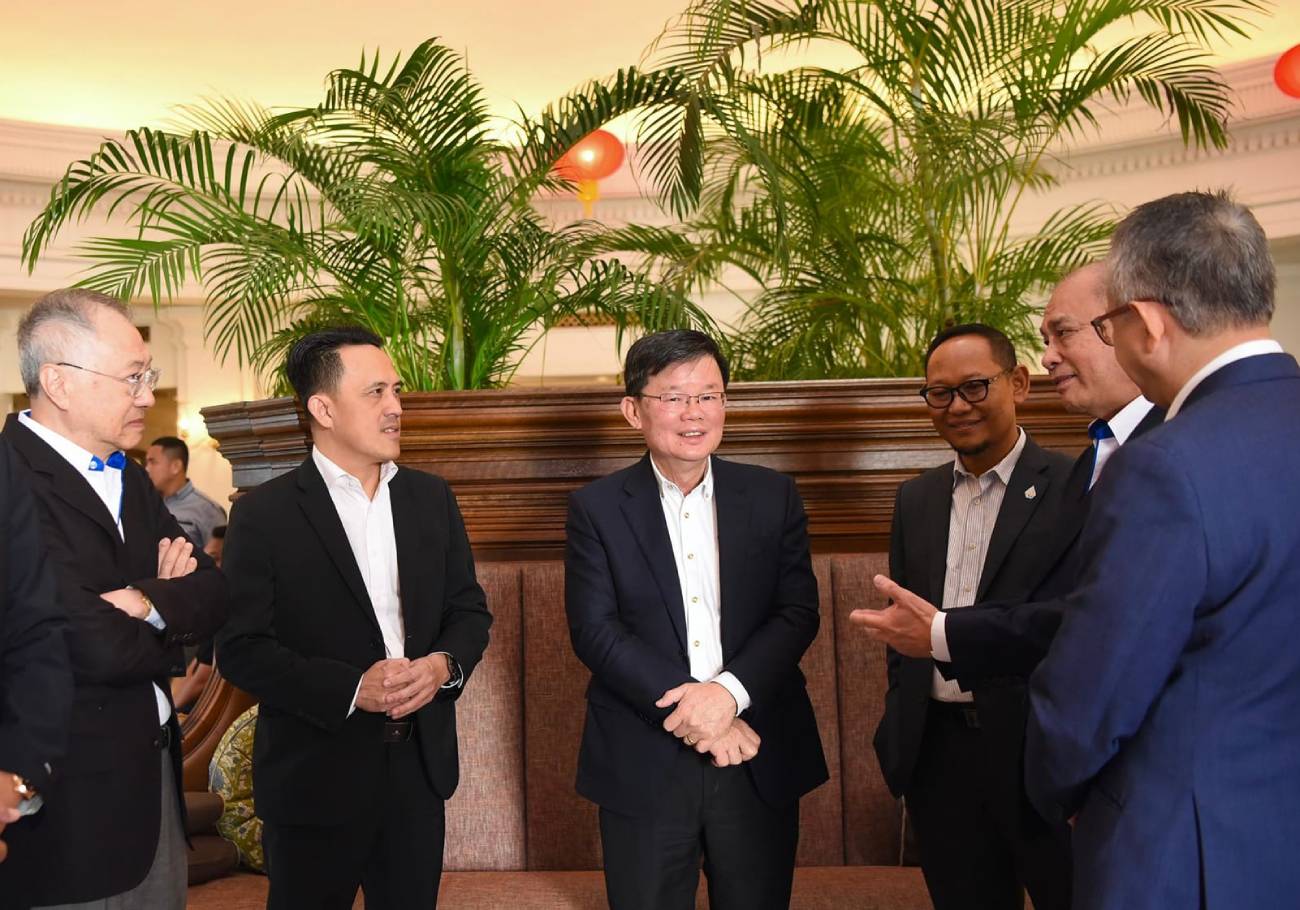
Beyond healthcare, PDC has partnered with multiple organisations to amplify Medi-City’s impact. Key initiatives include:
- Renewable Energy: Solarvest will install solar panel systems and e-mobility infrastructure.
- Regenerative Medicine: Cellaax will build the region’s first regenerative medicine centre, specialising in cellular therapy.
- Cooling Systems: KJTS Group Berhad will develop a district cooling system for commercial and medical facilities.
- Educational and Wellness Centres: Collaborations with Pelaburan Hartanah Berhad (PHB) will explore establishing an international school and wellness centre.

Collaborations with key players, such as Pelaburan Hartanah Berhad and Solarvest, promise innovative infrastructure.
From an international school to renewable energy solutions, every detail underscores the project’s forward-thinking approach.
Notably, the region’s first regenerative medicine centre will focus on cutting-edge cellular therapy and clinical research.
Chow underscored the broader economic implications, saying, “The influx of visitors to Penang Medi-City will stimulate the local economy, creating opportunities for businesses and skills development.”
These partnerships align with PDC’s mission to create a sustainable, world-class medical tourism hub.
The Medi-City project is set to boost Penang’s economy by creating jobs, supporting small and medium enterprises (SMEs), and attracting medical tourists.
“Visitors to Penang Medi-City will significantly impact the local economy,” Chow said, emphasising the ripple effect on business ecosystems and skill development.
With visa exemptions for Indian and Chinese tourists and expanded collaborations through the Malaysia Healthcare Travel Council (MHTC), Penang’s appeal as a medical tourism destination is poised to grow further.


